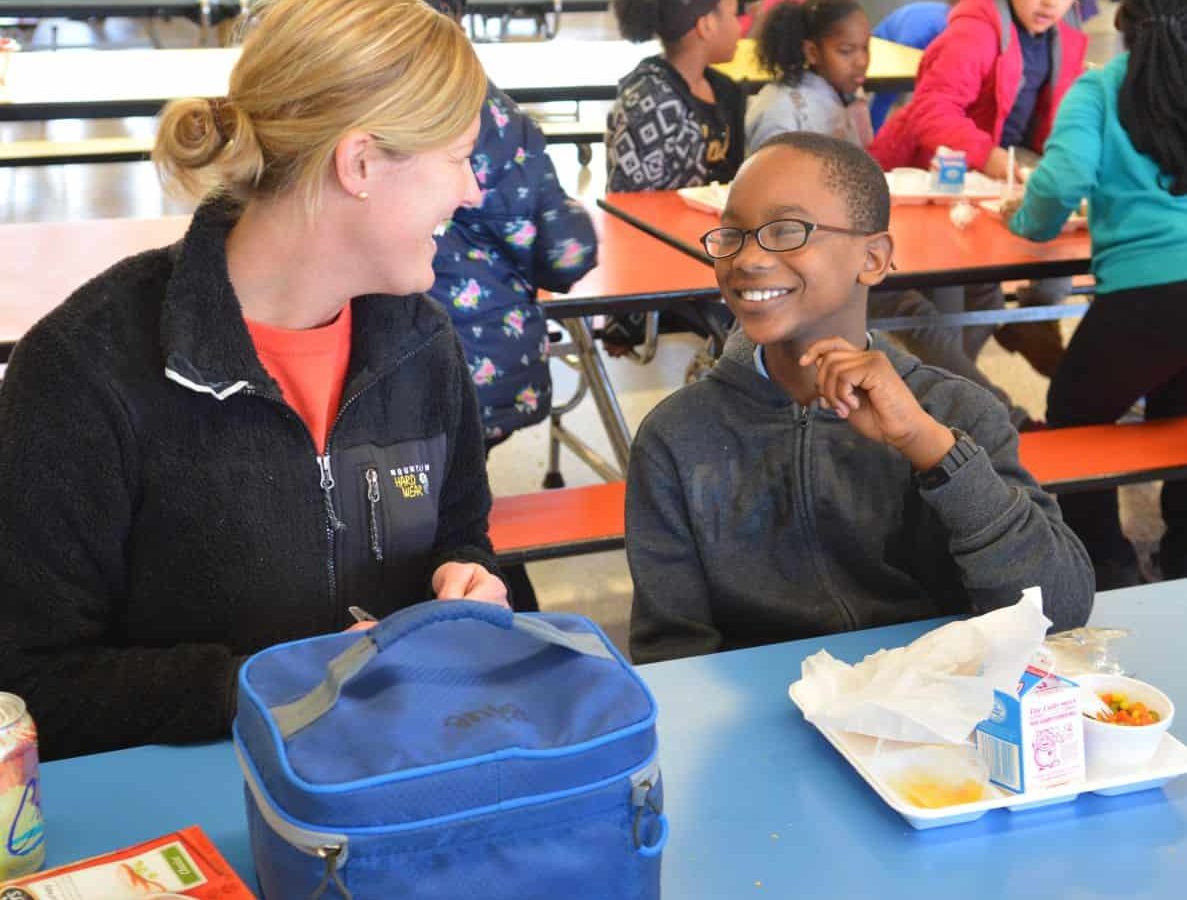

On a beautiful, unexpectedly sunny Saturday in Raleigh, more than two dozen individuals crowded into a room in the Hunt Library on NC State’s campus as part of sPark, the Park Scholarships program’s first biannual symposium. I was among four panelists tasked with discussing education and how individuals could make a difference.
Matthew Campbell, an assistant professor at West Virginia University, opened the panel by declaring, “We had little need to drum up interest in this subject. After all we are all stakeholders in education.”
Campbell asked the participants in the room why they were interested in education. They shared a range of topics including Common Core, teacher recruitment and retention, accessibility, and affordability.
Our fellow panelist, Ashley Lawson, is a current Park Scholar who shared that she came “from the middle of nowhere” in Stokes County. She spoke to the issues facing residents in rural areas as they attempt to better themselves including isolation, a lack of jobs, and limited infrastructure.
Lawson shared that it was her former principal who gave the best advice that she had received which was simply, “Don’t settle for mediocrity.”
Lawson was determined to follow his advice and her efforts would ultimately be rewarded with a Park Scholarship. She told us with a broad smile that joining the Park family “changed everything” for her, but it was one specific story that Lawson shared that spoke to the theme of the conference. Early in her involvement with the Park Scholarships program she sat down with Eva Feucht, program director, and shared her general discontent with the issues that she saw in her home county. Feucht took it all in, looked Lawson in the eyes, and asked if she had ever considered going back to Stokes County and working to take direct action to address these issues. Initially Lawson accepted the advice, but did not take it to heart as she intended to become an engineer and pursue a different path. A few weeks later, however, Lawson found herself back in Feucht’s office crying and declaring that she was going to become a teacher with the intent of improving lives in rural counties, perhaps even her own home of Stokes County.
My portion of the panel discussion was dedicated to discussing trauma and resiliency. Prior to diving into the material I asked the room how many of them thought that a high number of students in most classrooms had experienced one or more adverse childhood experiences. A number of hands went up, but not a majority.
An ACE (adverse childhood experience) can take many forms including a traumatic divorce, being the victim of violence or a spectator to adult on adult violence, parents who are alcoholics or drug abusers, and other events that create trauma. Over the course of the seven minutes that I was allotted I shared statistics from studies in Washington and California that showcased the prevalence of trauma, as well as stories from our travels across North Carolina.
My key takeaway for the crowd, and the most uplifting bit of research from all of the work around adverse experiences and trauma, is that individuals can be taught the skills to be resilient and to adapt. We know that these are skills that can be imparted to our students, which provides me with a deep sense of optimism.
After the panel, we huddled in small groups throughout the classroom to discuss rebuilding rural communities, building pathways for academic achievement regardless of socioeconomic status, training teachers to meet the challenges of a changing world, and resilience and trauma in our schools.
A former teacher joined our group on trauma and shared that she did not raise her hand when the room was asked whether or not they thought most classrooms had a high prevalence of ACEs. The truth is that her experience is far too common and it illustrates that education around the issue remains biggest challenge to building cultures of resilience in our schools.
Matthew Campbell summed up the day by framing the entire session as a how-to guide on becoming education advocates. Campbell told the room that, “I didn’t see myself as an advocate until I stopped to think about it.”
He went on to relate his view that all parents within the school system must advocate for their children, and that all of us in the room were ultimately advocating for a better tomorrow for all children.
Campbell’s comments led my thoughts back to a remarkable school visit in Fayetteville a few weeks ago and a fourth grade teacher named Liz Blue who inspired us all.
As my colleague Mebane Rash shared:
Blue wants the state to see her students, her parents, and her school – the Panthers – as she does. “They need to come to PTA nights. They need to come to my classroom. They need to meet my parents.”
Blue says, “We are the poorest school in the county, the lowest demographic, 100 percent free and reduced priced lunch.”
“But I feel like these kids want it more than any other child in this county.”
Liz Blue is an advocate for each of her children and their future. And she represented the answer to the question that my small group presented on the issue of resilience — “What can I do to make a difference?”
The answer is to greet the world like Blue who eats lunch with a different student each day to hear their cares and concerns. The answer is to understand that each of us can show a child facing adverse experiences that they are not alone, that someone cares.
Showing someone a small act of kindness and that you care isn’t enough, but it is a start. And starting matters.


